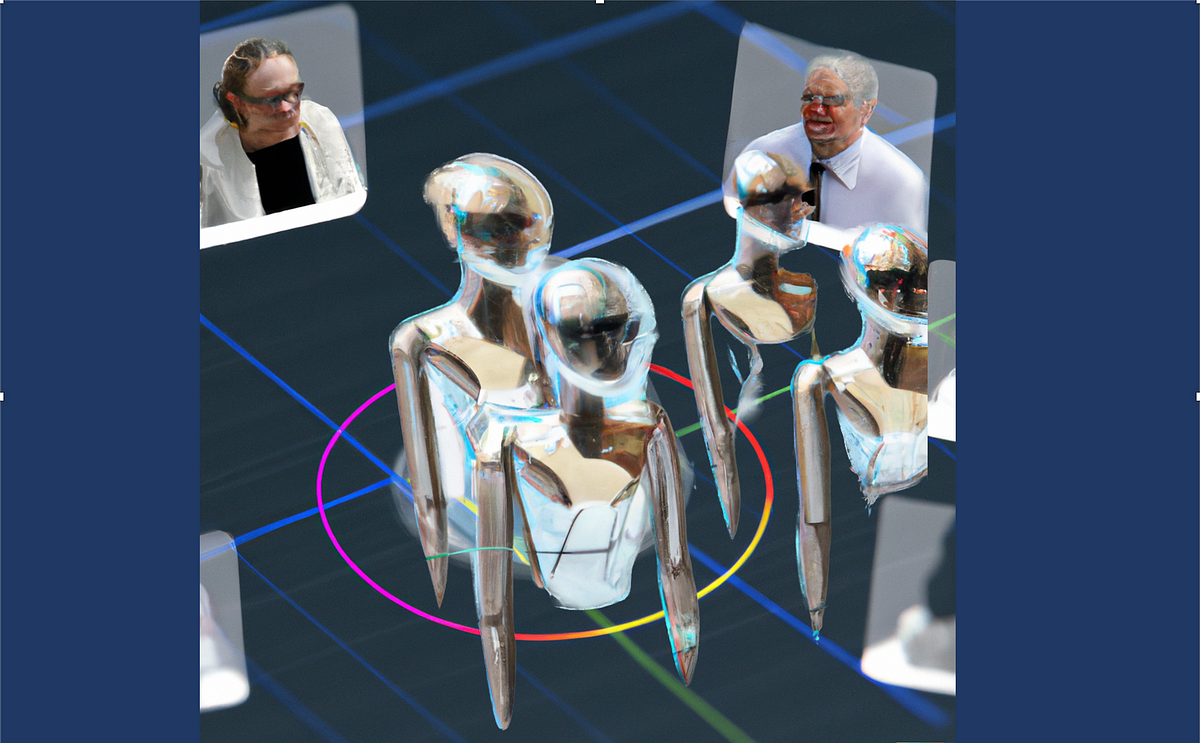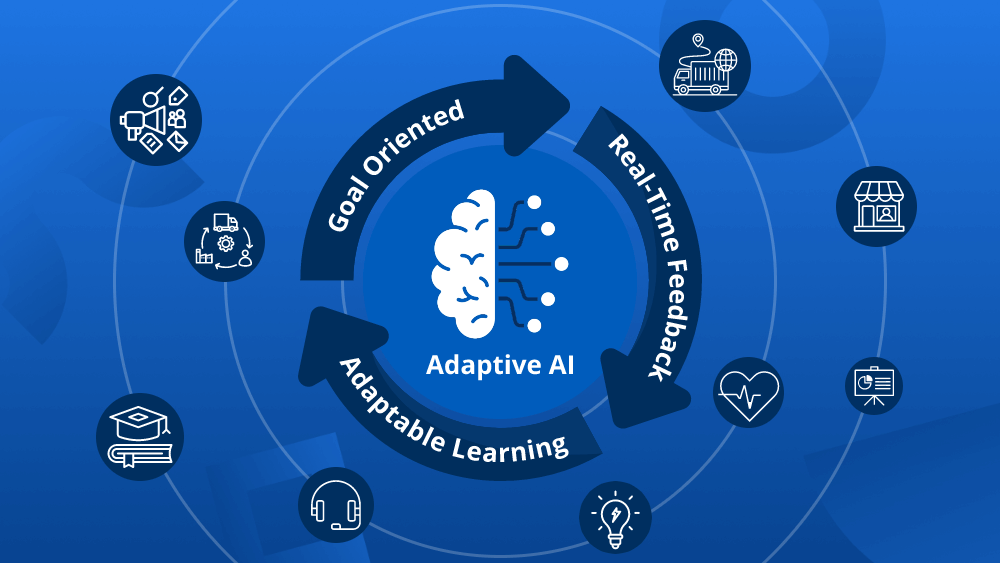In the rapidly evolving technology landscape, where machine learning (ML) projects are at the forefront of innovation, the importance of effective collaboration between Machine Learning Operations (MLOps) and Development Operations (DevOps) cannot be overstated. This synergy is especially crucial in vector databases, which are pivotal in managing and processing the complex data structures used in ML projects. Let’s delve into the roles of MLOps and DevOps, practical applications, and a process cycle.
The Roles of MLOps and DevOps
MLOps: The Backbone of ML Project Efficiency
MLOps is a practice that focuses on automating and improving the end-to-end machine learning lifecycle, aiming to deploy and maintain ML models in production reliably and efficiently. It involves continuous integration, delivery, and deployment of ML models, ensuring they can be seamlessly integrated into production environments. MLOps encompasses model versioning, model monitoring, and performance tracking, ensuring that models remain effective over time.
DevOps: Facilitating Seamless Development and Operations 💡
DevOps encompasses a series of practices designed to streamline and automate the workflows between software development and IT operations teams, enabling quicker and more dependable building, testing, and software release. It focuses on shortening the system development life cycle while delivering features, fixes, and updates frequently in close alignment with business objectives. DevOps plays a crucial role in infrastructure management, automation, and the seamless integration of code changes.
Collaborating for Vector Database Excellence 🤝
Vector databases, essential for storing and querying data in vectors, are particularly relevant in ML for tasks such as similarity search, recommendation systems, and natural language processing. The collaboration between MLOps and DevOps is vital in managing these databases, ensuring they are scalable, performant, and seamlessly integrated into ML pipelines.
Practical Application: Building a Recommendation System 📊
One practical application of the MLOps and DevOps collaboration is building and maintaining a recommendation system. This involves:
- Data Ingestion and Preprocessing: DevOps sets up and maintains the infrastructure for data ingestion and processing pipelines, ensuring scalability and reliability.
- Model Training and Evaluation: MLOps takes the lead in automating the training and evaluation of models, utilizing vector databases to store and manage the high-dimensional data.
- Deployment and Monitoring: MLOps and DevOps work together to automate the deployment of models into production, monitor their performance, and ensure that the system scales with demand.
Process Cycle 🔄
The process cycle for collaborating on a project involving vector databases in ML can be summarized in the following steps:
- Planning and Requirement Analysis: Identify the project’s goals, requirements, and the vector database’s role.
- Infrastructure Setup: DevOps configures the infrastructure for data handling, processing, and model deployment.
- Data Preparation: Prepare and preprocess data, leveraging vector databases for efficient storage and access.
- Model Development and Training: Develop ML models, with MLOps automating the training and evaluation process.
- Continuous Integration and Deployment: Use DevOps practices to integrate and deploy model updates to production environments.
- Monitoring and Maintenance: Continuously monitor the system’s performance and update models and infrastructure as needed.
Summary of Roles and Processes 📝

Conclusion 🌟
The collaboration between MLOps and DevOps is essential for achieving excellence in managing vector databases for ML projects. By combining the strengths of both disciplines, MLOps’ focus on automating the ML lifecycle, and DevOps’ expertise in software development and operations, teams can ensure that their ML models are developed, deployed efficiently, and maintained effectively in production environments. This synergy facilitates the creating of robust, scalable, and high-performing ML applications that can drive significant value for businesses and users.
Hello, My name is Adnan Hassan. I am a consulting intern at Marktechpost and soon to be a management trainee at American Express. I am currently pursuing a dual degree at the Indian Institute of Technology, Kharagpur. I am passionate about technology and want to create new products that make a difference.


